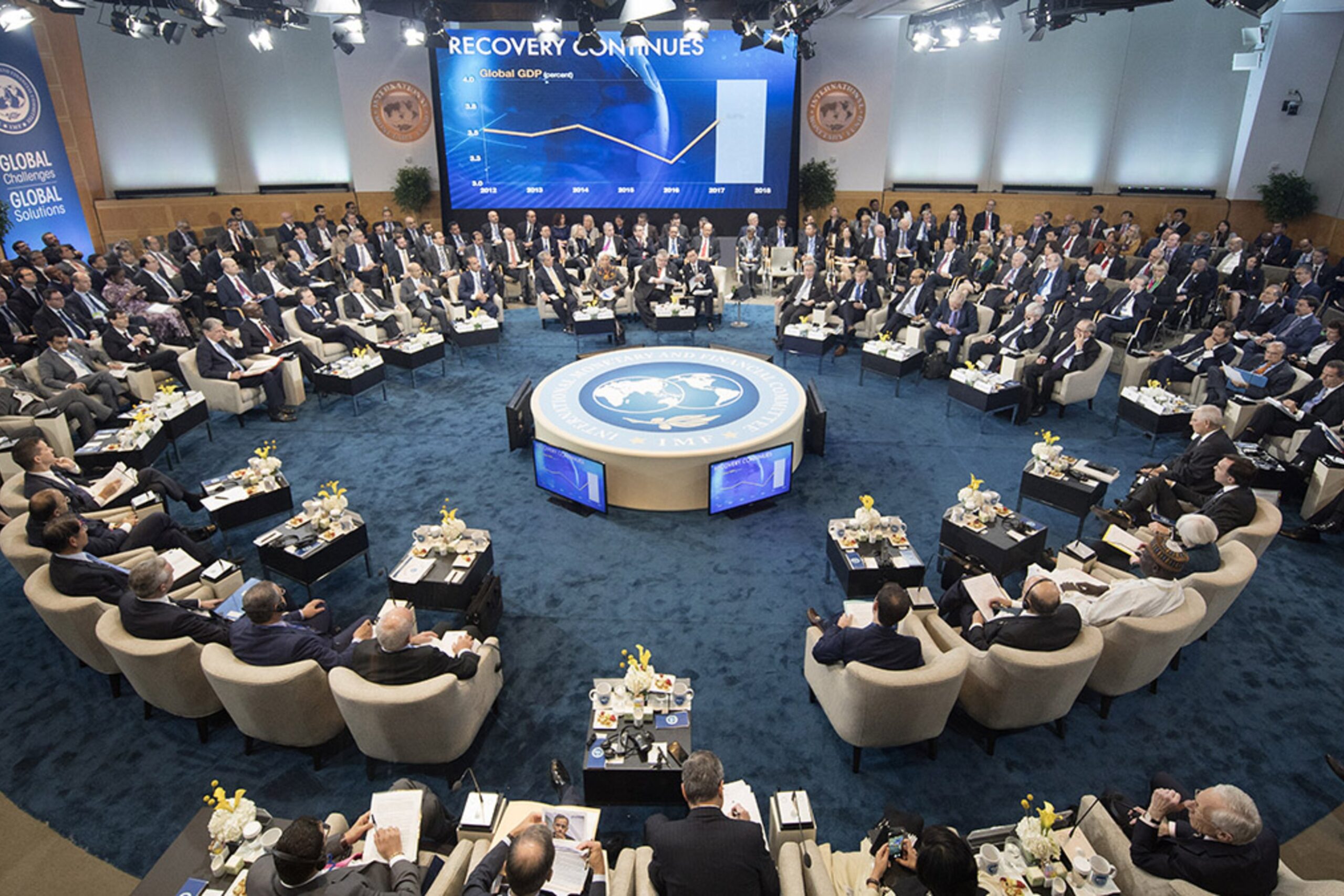$150m for new SMEs premises
An initial $150 million has been set aside by Government to build decent premises on council land across the country for small to medium enterprises after the inadequate premises housing 30 000 were either destroyed for being major health hazards contributing to Covid-19 infection or where on road servitudes.
Under the programme, which has already started, local authorities provide land for development while central Government will provide funding as part of Government efforts to reposition SMEs to its strategic position in the macro-economic environment.
More premises can be build through partnerships with the private sector and the business owners themselves are encouraged to contribute and come up with ideas as to how they can build premises.
This is also part of Covid-19 recovery process and the achievement of Vision 2030.
Women’s Affairs, Community, Small and Medium Enterprises Development Deputy Minister Jennifer Mhlanga, gave details of the scheme while delivering a Ministerial statement in the National Assembly recently.
She said under the framework of the enhanced Cabinet Committee on Emergency Preparedness and Disaster Management, Cabinet noted the challenge and has made a decision to have an accelerated programme to construct decent premises for SMEs.
“Under the programme, Government is working in collaboration with local authorities to renovate existing or put up new modern workspace for MSMEs with designs taking into account the type of businesses or trades to be housed.
“SMEs workspaces will also be provided through public-private partnership. Under this arrangement, local authorities partner with property development or even engage directly with the MSME beneficiaries who can provide financial resources, labour and other non-financial resources to develop whilst local authorities provide serviced land,”
said Deputy Minister Mhlanga.
“In the current year, Treasury has provided $150 million for workspace construction.
“The Ministry has entered into agreements with three local authorities: Gweru City Council, Chikomba Rural District Council, and Gwanda Municipality. Government is providing funding and the local authorities are providing the land and technical support.”
Zimbabwe was experiencing disequilibrium and structural deficiencies in the provision of workspace for SMEs and the informal sector.
“There is excess demand of workspace by MSMEs induced by the rapid growth of the sector against constrained supply as a result of limited investment, special development and regulatory framework bottlenecks.
“The deficiencies and workspace provision have also been activated and further exposed by the outbreak of Covid-19 which led to the closure of some of the workspace occupied by SMEs as most were designated as disorganised, unregulated, congested and unsafe,” she said.
“Farmers’ markets, vendor marts, some factory shelves and manufacturing sites had to be closed and the unsanctioned ones were demolished. Over 30 000 SMEs and informal sector operators were affected by the demolitions which took place around the country.
Consequently, the development and growth of many MSMEs and the informal sector business have been adversely affected.”
In the NDS1 and the national programme for micro, small and medium enterprise running from 2020 to 2024, workspace provision is one of the key strategies to support SMEs to improve production capabilities and increasing performance in the production of value added products and also promoting rural industrialisation.
The type of workspaces being constructed include factory shelves and distribution hubs, commercial hives, multi-storey market malls for MSMEs and retail, production and distribution centres cold chain cold rooms for workspace where fresh products are sold.
Identified projects in Harare is Shawasha grounds market which will accommodate 120 SMEs, Emkambo Market stall in Makokoba, and others in Bulawayo and in Bindura among others.-The Herald








